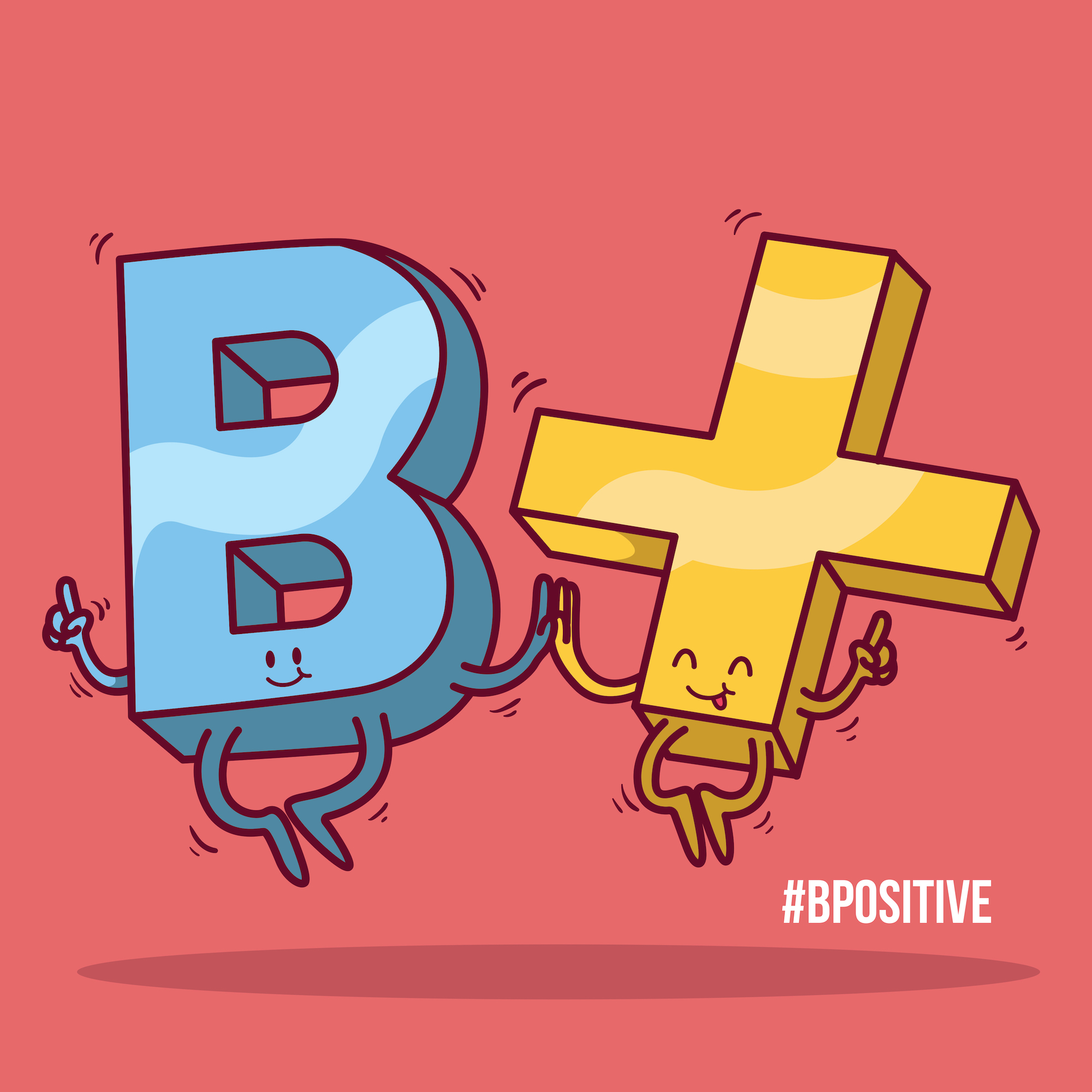Did you know that a positive attitude actually changes your brain and you have the ability to control your attitude? The question is, are you building a better brain with your team by cultivating a positive attitude? In this podcast, Gerald shares key insights to significantly improve your positive attitude and overall success.
Welcome to Workplace Jazz and How to IMPROVISE, your trusted resource for creating high performing agile teams and learning the secrets used by today’s jazz musicians and their professional ensembles. I’m your host, Gerald J. Leonard.
Investing in your brain to cultivate the habit of a positive personal attitude is the key to a better life, better health, and being more productive. And it’s attainable through understanding the neuroscience of a positive attitude. Charlie Haden, a jazz musician, once said, “I want them to come away with discovering the music inside of them and not thinking about themselves as jazz musicians, but thinking about themselves as good human beings, striving to be a great person and maybe they’ll become a great musician.”
As a consultant, I’ve integrated the principles of productivity, music, neuroscience, and workplace culture into my practice. And my clients love the results they get. My clients have implemented these principles and found them to produce a winning game plan and a game-changer for their organization. So today, I want to talk to you about the neuroscience of a positive attitude.
In an article in Inc. magazine entitled New Stanford Study: A Positive Attitude Literally Makes Your Brain Work Better, researchers discovered that a positive attitude changes your brain. To start to tease this out, a research team out of Stanford recently analyzed the math skills and attitudes of 240 kids ages seven to 10, as well as running 47 of them through an fMRI machine while asking them to do some basic arithmetic. What did they discover? As expected, the kids did well in math, like math more, both according to self-report and their parents, and kids who hated the subject did poorly. But the brain scan also turned up something much more fascinating. The image revealed that the hippocampus, a brain area linked to memory and learning, was significantly more active in kids with a positive attitude towards math. “Attitude is really important,” said Chen, “Based on our data, the unique contribution of positive attitude to math achievement is as large as the contribution from IQ.”
You see, musicians are impacted by developing a positive attitude when they’re performing by the process of what’s called mirror neurons, which activates when they work together. When a musician sees another musician overcome a challenging musical passage, they are more likely to feel confident that they can overcome it as well. Jazz musicians tend to imitate each other on the spot during the performance. And this is all based on the neuron effect. So the question is, are you building a better brain with your team by cultivating a positive attitude? The research is in, and now it’s your turn.
According to another article on inc.com, entitled How to Create a Positive Attitude, it states that a positive attitude is never automatic. You have to work at it. And here’s how to become a master of your mind by Jeffrey James, contributing editor of Inc. Magazine. Based on a conversation he had with Jeff Keller, the author of the bestselling Attitude Is Everything. They have five things they talk about that’ll expound on a little bit here. Number one, remember that you control your attitude. You can manage your attitude. Now, Jack Canfield always says that he uses the formula in his book, The Success Principles, E plus R equals O. In other words, the event plus your response equals the outcome. So no matter what the occasion is, you respond that you can take time to deliver the result that can move the needle personally and professionally. We have 100% ability to control our attitudes.
Number two adopt beliefs that positively frame events. Here’s an example from my own life. Six weeks before my TEDx talk, I suffered a significant bout with vertigo. It wiped out my balance, what it’s called the vestibular system, and my ability to walk. And as I lay there in bed for a week, not able to do anything, not even looking at my laptop, I had to think about the TEDx talk that had I been approved for. Two hundred thirty-three people were auditioned, and 29 of us got in. And I was not going to de-select myself from being a part of something that I worked so hard for.
And I remember during my talk, I talked about the neuroscience of practicing. So as soon as I got up, I could start practicing. And every day, I practice, I started trying to walk, I got better at walking, and I would listen to positive music about just getting up second chances—a setback as a comeback. I listen to my friend Willie Jolley’s; A Setback Is a Setup for a Comeback. And I would walk, and I would continuously force my brain to reframe what had happened to me. And then, six weeks later, I was standing on stage delivering my talk.
So number three, create a library of positive thoughts. Dr. Daniel Amen, the world-famous neuroscientist, talks something about automatic negative thoughts. He calls them ANTs. He says you have to kill the ANTs in your life. One way to kill ANTs in your life mentally is by keeping them out. And one way to keep them out is to build a library of positive thoughts. So the question is, how many books do you have in your library? How many audiobooks do you have in your library? How many positive podcasts do you listen to and watch? You see, we have to kill the ANTs, and once we kill that ANT, we have to have something to replace it with, or those ANTs will come back. So by having a library of positive things to listen to throughout the day, it gives you the ammunition or the repellent to kill the ANTs in your mind and your life.
Number four, avoid angry and hostile media. If you want a positive morning, then make sure you’re careful about what you watch or what you think about the night before when you go to bed. Try cutting off the television 30 minutes early, write out your goals, listen to affirmations, listen to a meditation. Positive things will put you in a positive mood. Dr. Seligman says that if you write down three positive things at night, it’s better than taking any depression medication because it will stimulate your brain to meditate and focus on what you just wrote about before you fall off to sleep. So if you write three things about what you’re grateful for, that will be a significant cure for dealing with negative media and negative thoughts.
Number five, ignore whiners and complainers. If you have whiners and complainers as friends, here’s my advice. Get some new friends. If you have whiners and complainers as family members, see them at Christmas and Thanksgiving and stay away because they will pull you… They will be like crabs in a barrel that will pull you back down into the barrel with them. So you want to avoid whiners and complainers and be around people who have solutions and solvers because when there’s a big problem to solve, you want to get a big, positive person to come to solve it. You don’t want a whiner and complainer.
And the last thing they said in this article is to use a more positive vocabulary. And here’s something I learned through a certification I went through called Conversational Intelligence, which is about the neuroscience of conversations. Your language and words matter. Negative words produce a neurochemical in our body like cholesterol or adrenaline, or any other stressor hormone. And if we’re using negative comments with ourselves or in an environment, then we’re continually putting ourselves where our brains are beginning to excrete these negative neurochemicals. But if we use positive words and positive phrases and speak kindly to ourselves, our minds start producing positive chemicals like dopamine, serotonin, GABA, and oxytocin.
Have you ever seen someone or two people, let’s say 80 years old, and one looks 80, and the other one looks like he’s 60? It’s their thinking. Because as our bodies regenerate overtime throughout the years, if all we’re producing are damaging chemicals, then that’s what gets reproduced in our cells throughout the entire body. But if we’re a positive thinking person, our bodies get reproduced with all these positive chemicals and all that good stuff our brains are producing. So we choose when we get to be 80, do we want to look 80 or do we want to look 60? I want to look 60.
So the question is, how do you get started? And as I said in my previous podcast, I’m going to ask you three questions or give us three options regarding how you can handle or deal with this information. So option one, as always, we can do absolutely nothing. We can stay exactly the way we are, and we can do the things that we were doing before we saw this information. Or number two, we could try and do it ourselves. And we can read some books and find some things and try to figure this out by ourselves. Or number three, you can reach out and work with someone, work with me, to help you with the heavy lifting. And in fact, I have a program that I’ve done with Jack Canfield based on his success principles. I’ve gotten certified to teach that program. If you’re interested in learning more about how to cultivate a real positive attitude through the difficulties of life, then give me a call, connect with me at geraldjleonard.com/connect. Until next time, take care and stay safe.
You’ve been listening to Workplace Jazz with me, Gerald J. Leonard, How to IMPROVISE. Thanks for listening.

